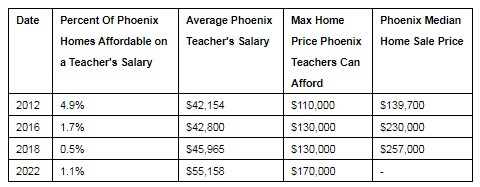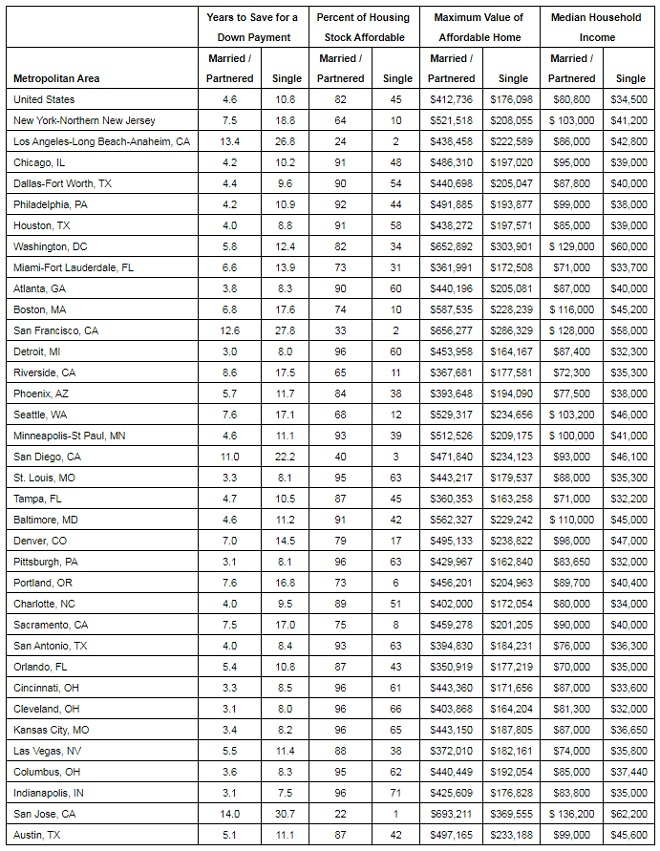Despite Contributing More Than $935 Billion to the U.S. Economy in 2017, Commercial Real Estate Lags behind in Gender Equality According to New Survey from RETS Associates
Newport Beach, CA – June 27, 2018 (BUSINESS WIRE) RETS Associates, a leading commercial real estate (CRE) recruitment and staffing firm, today announced the findings from its 2018 Women in CRE Survey, which garnered results from women holding entry- to senior-level positions across the nation. Notably, 87.2 percent of respondents agree or strongly agree that the biggest challenge facing women in CRE today is equal pay, followed closely by a lack of promotion opportunities and feeling that female opinions aren’t as valued or respected as their male counterparts (79.2 and 79.1 percent respectively). According to the survey, gender pay and opportunity discrimination appears to be pervasive within this industry that accounted for 7.6 million American jobs and contributed $935.1 billion to U.S. GDP in 2017.1

“The days of commercial real estate being an ‘old boys club’ are over,” said Jana Turner, principal, RETS Associates and a former executive of a Fortune 500 global CRE company. “We had a great response to the survey with more than 615 participants. That’s significant. Women are more empowered than ever before to stand up to discrimination, but change must come from the top and currently there aren’t enough women in leadership positions. We’re working to change that.”
Gender Pay and Opportunity Discrimination
Sixty-five percent of respondents noted that they were made aware of being paid less than a male counterpart at some point in their career. Of those, seventy-five percent noted it happened at least two times.
Sixty-one percent of survey respondents noted that they felt they were bypassed for a job, assignment or listing at some point in their career based on gender. Of those, 82 percent reported that it happened more than once, and 54 percent noted it happened three or more times.
- Almost two-thirds (63 percent) did not take action after being bypassed for a job, assignment or listing
- Of those who did take action, 45 percent began looking for a new job, 28 percent discussed with HR or management and the issue was not resolved to their satisfaction, 17 percent resigned, 7 percent had the issue resolved to their satisfaction, and 3 percent took legal action
- The top three reasons for not taking action were as follows:
- 29 percent – Fear of losing future career opportunities
- 27 percent – Fear of poor treatment from leadership
- 25 percent – Fear of reputation damage
“The conversation around gender equity has gained significant traction as more individuals, business owners, executives, and policymakers are looking to solve issues surrounding gender bias – issues such as the ones identified in this study,” said Katica Roy, international speaker, gender economist, and CEO of Pipeline, an award-winning Denver-based technology company that increases financial performance of companies through closing the gender equity gap. “There is a solution to gender equity in the U.S. It starts with an understanding of where we are so that we can improve. Data is the key to that understanding and the solution to parity.”
“Many industries, including CRE, still operate with unconscious gender bias, which arises from cultural assumptions and organizational structures, practices, and patterns of interaction that inadvertently advantage men while putting women at a disadvantage,” said Dr. Bernice Ledbetter, Director of the Center for Women in Leadership at the Pepperdine Graziadio Business School. “If women in CRE hope to advance, these biases must be addressed head on.”
Sexual Harassment Continues
While sexual harassment wasn’t identified by respondents as one of the biggest challenges they face, more than half (52 percent) reported having been sexually harassed at some point in their career.
- 84 percent noted it happened more than once
- 41 percent reported that it happened five or more times
- 33 percent noted that they were sexually harassed by five or more people throughout their career
- 76 percent did not report the sexual harassment to HR or management
- 10 percent of those that reported the harassment noted that the accused lost their job
- 34 percent of respondents that reported the harassment noted that no action was taken against the accused
When Women Do Well, We All Do Well
“What leaders in commercial real estate and all industries need to understand is that gender equality means economic growth,” continued Turner. “The way in which we treat women in the workplace is a key component to boosting not only our own industry’s success, but our entire economy. When women do well, we all do well.”
“In fact, the business case for why women in leadership is good for business is well established. Companies with gender parity experience a 34 percent3 higher total return to shareholders than those that do not,” continued Dr. Ledbetter.
For example, Nordic countries – which consistently rank as some of the happiest in the world – have grown considerably richer due to decades of policies designed to improve gender equality, according to a new report by the Organization for Economic Cooperation and Development. The region has added nearly 20 percent to economic growth per capita over the last 50 years. Additionally, it’s reported that women-friendly work policies could add up to 30 percent to economic growth rates by 2040.2
“No one wants to work somewhere where they are undervalued or treated unfairly, and the RETS Associates survey shines a light on the fact that the CRE industry still has significant work to do in the area of gender equality,” said Andra Ghent, associate professor of real estate & urban land economics and academic director of the James A. Graaskamp Center for Real Estate at Wisconsin School of Business. “What CRE companies need to do is have performance-based metrics justifying the differences in compensation between employees of similar rank, and understand that when women are treated well, businesses will be rewarded with a motivated workforce, lower turnover rates and ultimately an improved bottom line.”
About the Survey
The 2018 Women in CRE Survey, based on responses from 618 women in commercial real estate across the continental U.S., Hawaii and Canada, was conducted online in English and these are some of its findings.
About RETS Associates
Founded in 2002, RETS Associates is a premier executive search firm specializing in the recruitment, staffing and placement of interim, permanent and executive positions in the commercial and residential real estate industries, as well as land development and home building. RETS Associates’ clients include REITs, developers, investors, pension fund advisors, operating companies and real estate services firms doing business in property management, development, construction, investments and financial analysis. For more information on RETS Associates, please visit www.retsusa.com.
1. “The Economic Impacts of Commercial Real Estate,” NAIOP, 2017.
2. “The key to getting much richer is all about how you treat women,” Bloomberg, May 15, 2018. https:www.bloomberg.com
3. “The Bottom Line: Connecting Corporate Performance and Gender Diversity,” sponsored by BMO Financial Group, working with Catalyst; http://www.catalyst.org/media/catalyst-study-reveals-financial-performance-higher-companies-more-women-top
Contacts
Media Contact:
IDEA HALL
Angel Granillo
(714) 263-8743
angel@ideahall.com





